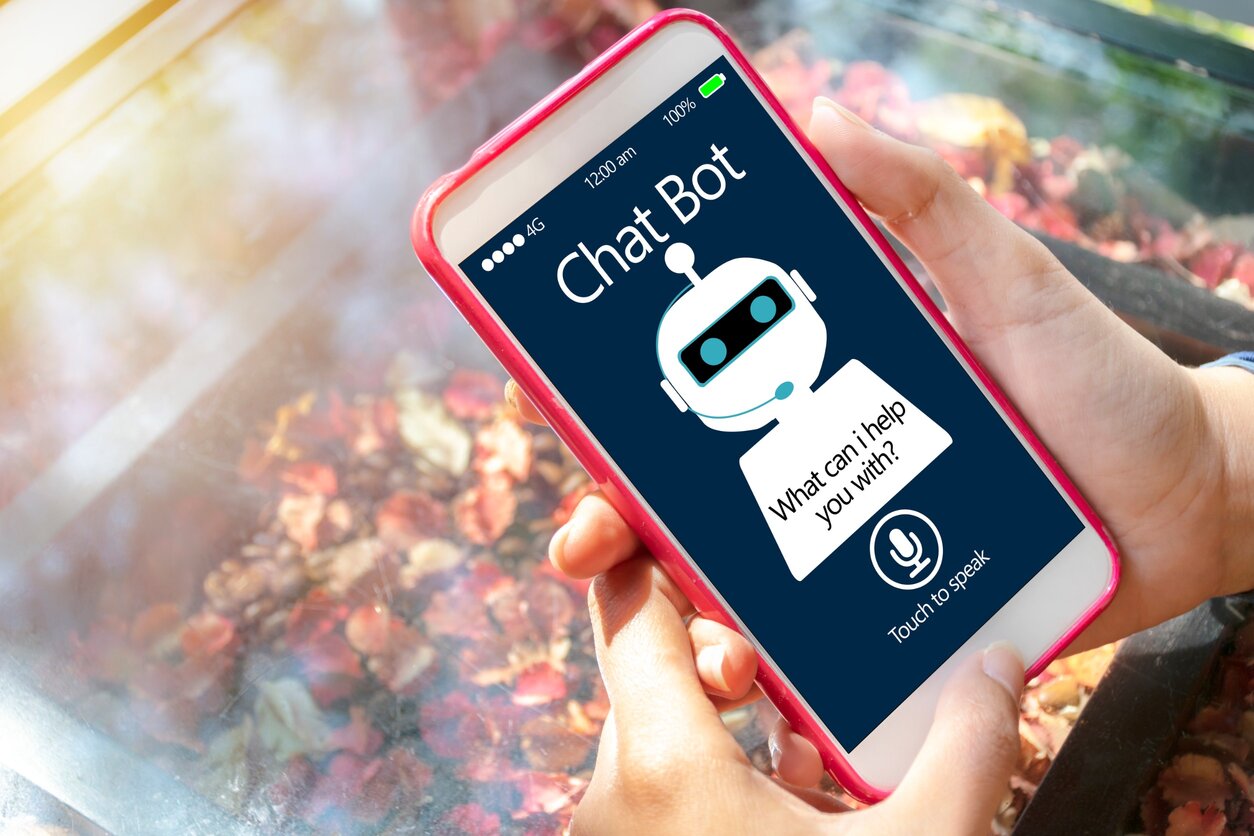The debate is as old as the technology itself.
Are AI chatbots the future of customer service, or do human agents still hold the crown? The answer could reshape how you engage with your customers.
So, what's the real deal?
We've scoured the web to bring you insights from industry experts that will help you make an informed decision for your business–whether you're leaning towards the efficiency of automation or the nuance of human interaction.
The Efficiency Game
Time is money, and in the world of customer service, quick responses can be the difference between a loyal customer and a lost opportunity. Verloop highlights how AI chatbots can handle multiple queries at once, 24/7, without breaking a sweat. This is a significant advantage for small businesses that can't afford a round-the-clock customer service team but still want to offer stellar service.
The Speed Factor
AI chatbots are designed to provide instant responses. They don't need coffee breaks or sick days. They're always on, always ready. This means your customers get their answers immediately, whether it's a simple FAQ or a complex query that requires pulling data from various sources.
The Volume Game
But it's not just about speed; it's also about volume. Human agents can only handle so many queries at a time. Chatbots, on the other hand, can juggle multiple conversations simultaneously. This scalability allows you to serve more customers without compromising on quality.
If efficiency is your endgame, AI chatbots have a lot to offer. They're fast, they're reliable, and they can handle volume like a pro. For small business owners and marketers, this means you can offer top-notch customer service without the overhead costs of a large team.
The Human Touch
While chatbots are quick and efficient, they lack the emotional intelligence that human agents bring to the table. SuperStaff argues that humans have the ability to understand context, read between the lines, and offer personalized solutions. These are skills that chatbots are still learning.
Emotional Intelligence
Ever had a customer who was just having a bad day and needed someone to talk to? Human agents can pick up on these emotional cues and adjust their approach accordingly. They can empathize, offer comfort, and turn a negative experience into a positive one. That's something you can't put a price on.
Context Matters
Humans excel at understanding the context behind a customer's query. If someone is frustrated, a human agent can adapt their tone and approach to better suit the situation. This level of personalization can make a world of difference in customer satisfaction.
The human touch is irreplaceable, at least for now.
If your business values deep, meaningful connections with your customers, human agents offer something that AI chatbots can't. They bring emotional intelligence and contextual understanding to the table, elevating the customer service experience to a whole new level.
Cost and Scalability
Budget constraints are a reality for small businesses. ReveChat brings to light the cost-effectiveness of AI chatbots, especially when compared to the overhead costs of human agents. But it's not just about saving money; it's also about scalability.
The Cost Factor
Hiring, training, and maintaining a team of human agents can be expensive. AI chatbots, on the other hand, are a one-time investment that can handle a large volume of queries without additional costs. This makes them an attractive option for businesses looking to scale without breaking the bank.
Scalability Unleashed
Imagine your business suddenly experiences a surge in customer queries. Can your human team handle it? Chatbots can. They can manage an unlimited number of conversations simultaneously, allowing your business to scale effortlessly.
If cost and scalability are high on your priority list, AI chatbots offer a compelling case. They're not just cost-effective; they're also incredibly scalable, allowing you to handle increased customer interactions without the need for additional resources.
The Ideal Blend
The future of customer service doesn't have to be an either-or scenario. By combining the strengths of AI chatbots and human agents, you can create a customer service strategy that's not just effective but also incredibly nuanced.
The Best of Both Worlds
Chatbots can handle the routine queries, freeing up your human agents to deal with more complex issues that require a personal touch. This way, you're not sacrificing efficiency or emotional connection; you're enhancing both.
Flexibility is Key
A hybrid approach gives you the flexibility to adapt to different customer needs. Some people prefer the quick answers that a chatbot provides, while others seek the empathetic ear of a human agent. Why not offer both?
The ideal customer service strategy might just be a blend of AI and human intelligence. By incorporating the strengths of both, you can offer a customer experience that's not just efficient but also deeply personal.
The key takeaway here is flexibility. In a world that's constantly evolving, your customer service strategy should be agile enough to adapt. Whether it's the cost-saving efficiency of chatbots or the deep emotional connections forged by human agents, the ideal approach is one that combines the best of both worlds.
Interested in exploring further into the world of AI and customer service? At Bizzuka, our INGRAIN AI™ Mastermind is something you won't want to miss. It's a unique opportunity to hear from industry experts, share your own experiences, and network with like-minded professionals. Apply now to secure your spot!

